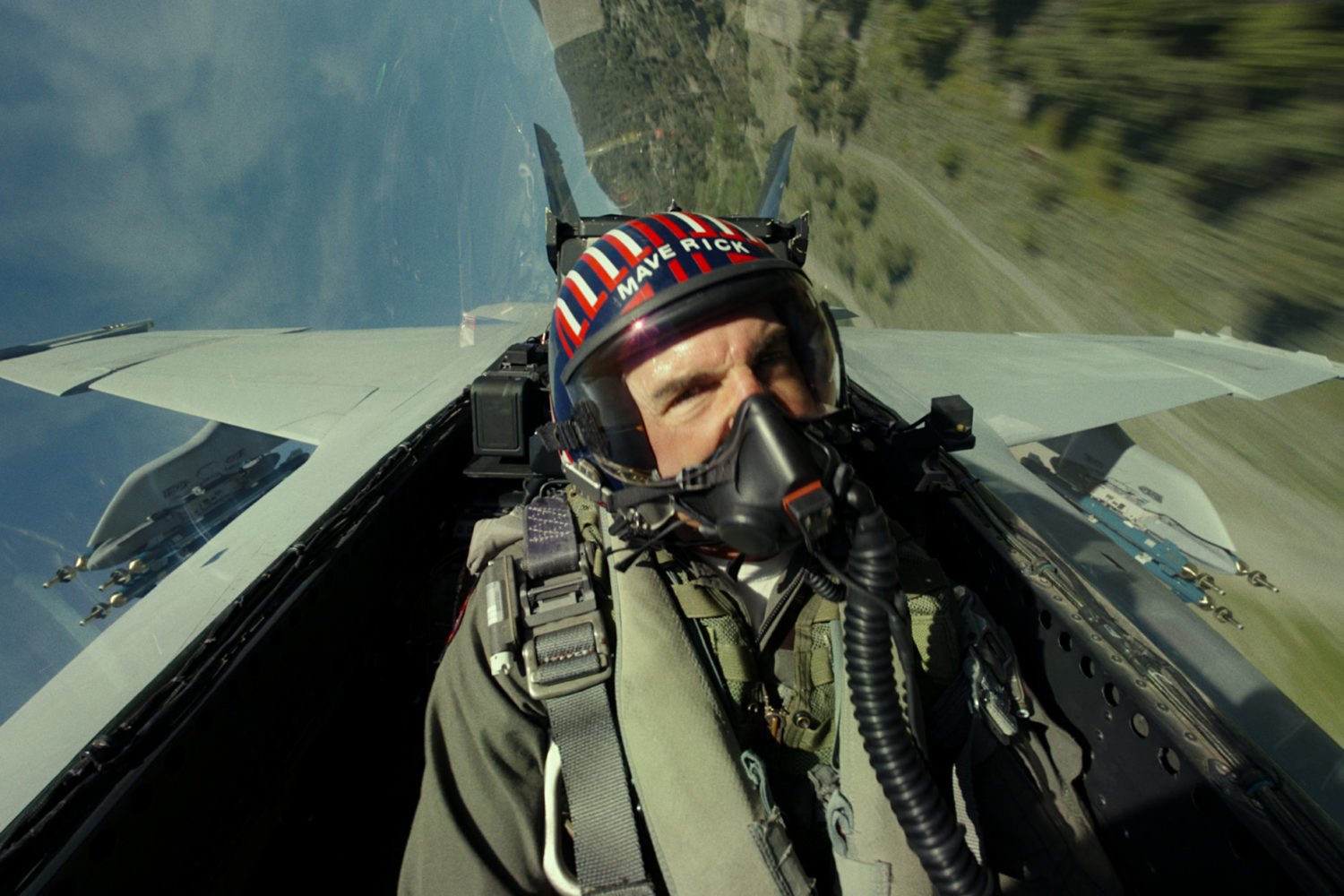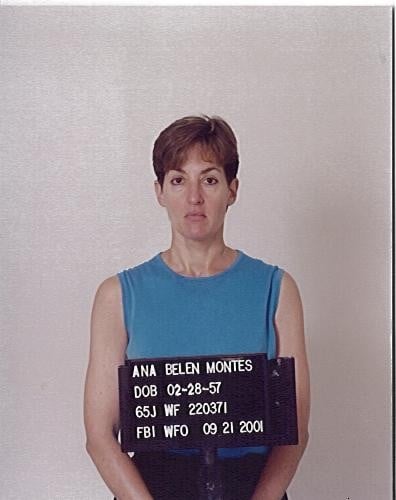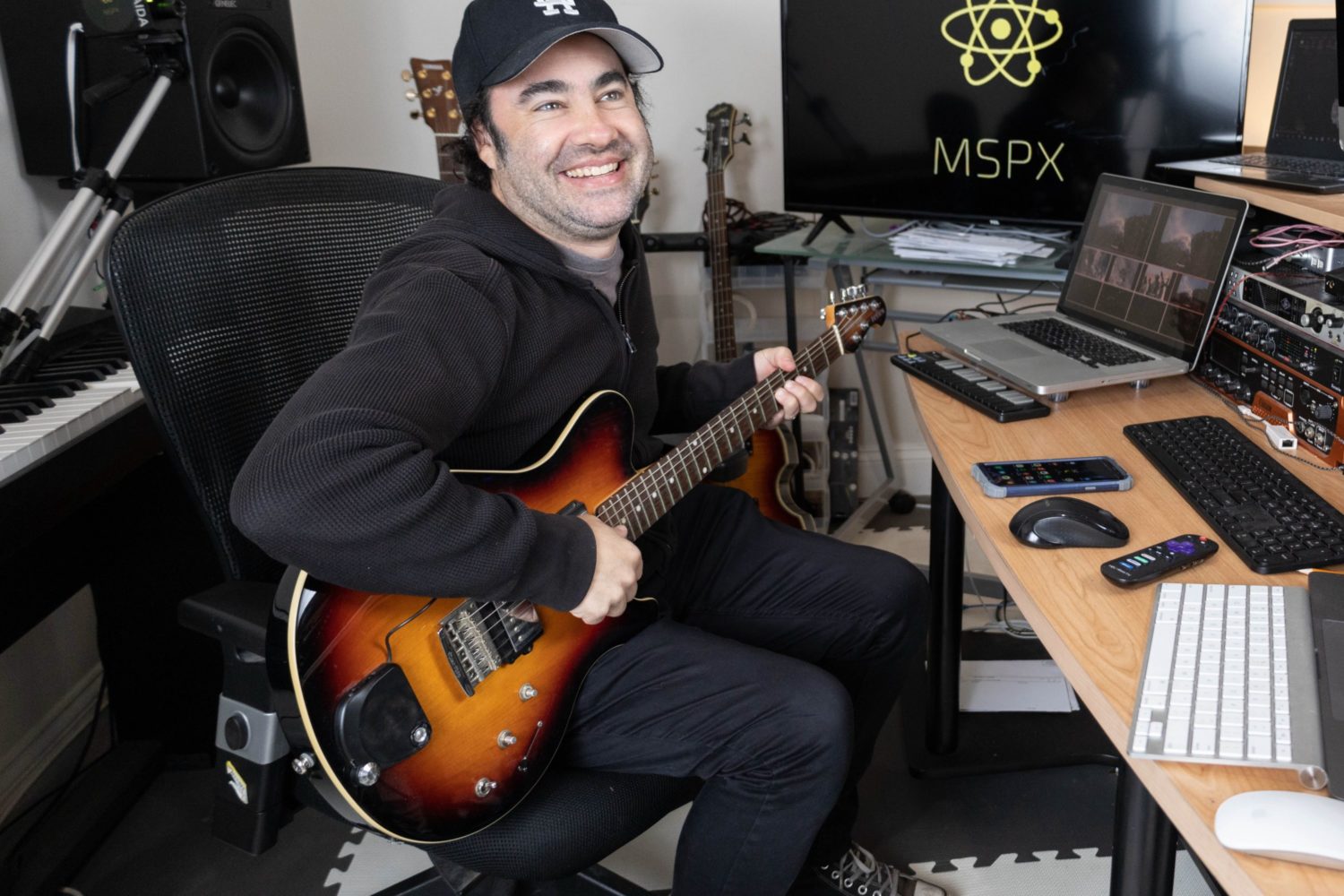It’s rare to find a military brat who spent his childhood years living in one place. It’s rarer still that the place is Washington, DC.
Gen. Larry Spencer, the Vice Chief of Staff of the Air Force, was born at Walter Reed Hospital, in 1954. His father, Alfonzo, served in the Army and fought in the Korean War, and if not for a horrific accident, the Spencers might have lived the itinerant life of a typical military family.
Alfonzo was a heavy equipment operator, and while transporting a bulldozer from one town to another, he fell off the top and caught his left hand in the tracks. His mauled limb became infected with gangrene and the hand was amputated.
He came home and went for treatment in the hospital where his son was born. Doctors fashioned an innovative prosthetic device to give Alfonzo some dexterity. By today’s standards, it was a primitive and grisly contraption.
“They cut a hole through his bicep,” Spencer says. “As a kid, I could stick my finger right though it. They put a plastic sleeve on, and they had a metal hook on the end. Wires came up both sides of that sleeve. And there was a thing shaped like a hot dog that fit into the bicep. He would flex his muscle to move the hook.”
Spencer says his dad was an expert marksman, and even with the new hand, he still was.
For Alfonzo, personal injury marked the beginning of a new career. He was assigned to the Forest Glenn Annex, nearby Walter Reed, where the Army was experimenting with new prosthetic technologies. “He was on the ground floor of that,” Spencer says. Today, Walter Reed is still the site of the military’s most advanced prosthetics research, and the technology has come a long way since the hole in Alfonozo’s arm.
The Spencers lived in a quiet neighborhood in Southeast Washington. The city was different then, he says. “I never thought twice about going anywhere in DC. It wasn’t considered dangerous.”
Spencer joined the Boy Scouts. Before meetings, Alfonzo would inspect his son’s uniform–shirt tucked, cap on straight, shoes shined. “It was not cool in Southeast to walk down the street in a uniform,” Spencer says. Once he got far enough from the house, Spencer would remove his Boy Scout dress, change into street clothes, and stuff the uniform in his bag.
Spencer didn’t seem destined for a military career. In high school, the family moved to Seat Pleasant, Maryland, in Prince George’s County. Spencer was a standout football player at Central High School, and the team captain. “I played offense, defense, kickoff team, return team, punt team. We never came off the field. I loved football.”
After graduation, Spencer played briefly in a semi-pro league in the area. “But I recognized at some point there wasn’t a lot of future in it,” he says. There was also no money it; the league’s players were unpaid.
One day in 1971, with Vietnam War protests in high-gear across Washington, Spencer was walking through a shopping mall in Suitland, Maryland, off Branch Ave. “I don’t know why,” he says, “but I sort of of stumbled into the Air Force recruiter’s office. And when I stumbled out of there, I was in the Air Force.”
He didn’t have a single semester hour of college credit. He went home to tell his parents that he’d joined up. “They couldn’t believe it,” he says. Spencer asked his dad to drop him off at the bus station early the next morning. Later, he took his first plane ride, down to Lackland Air Force Base, in San Antonio, Texas, to begin basic training.
Spencer says he took to the regimented life immediately. Up early. Exercising all day. “It was like being at football practice.” He worked his way through college at nights and eventually went to Officer Training School and was commissioned in 1980.
Unlike his father, Spencer did move around throughout his career, to various assignments in the US. But his roots stayed in Washington. His mother, Selma, lives 20 minutes from his office in the Pentagon. Spencer is a die-hard Redskins fan, and says one of the highlights of the past year was attending a game and meeting Robert Griffin III.
Spencer has been back at the Pentagon since 2006, working frequently on budget and personnel issues as the military braces for cuts and tries to reintegrate thousands of combat veterans into life stateside. It wasn’t until recently that Spencer got the chance to talk with his father about his own experience in war.
Like a lot of veterans of his generation, Alfonzo never spoke about his service, his son says. “But we noticed little things. On the Fourth of July, the fireworks going off would bother him. But we didn’t think much about it.”
It was only eight years ago that Spencer found out what had happened to his father in Korea, including the details of his injury. Finally sharing his story, Alfonzo realized that he had been suffering from post-traumatic stress disorder. Sixty years after he’d gone to war, Alfonzo joined a group counseling program for veterans that met in Baltimore.
“I tell people now coming back from Afghanistan and Iraq, my father waited until he was 80 years old to go in for PTSD [treatment],” Spencer says. The message is clear: Don’t wait. Times have changed. Alfonzo died in 2009.
Spencer’s parents probably wouldn’t have guessed he’d one day become the highest-ranking African American in the Air Force. But he comes from a family of path breakers. In 1951, Spencer’s mother, along with 450 of her classmates, walked out the doors of the all-black R. R. Moton High School, in Farmville, Va., to demand better conditions at their tiny school, which was built to handle only 150 students. The one story-building had eight classrooms, no gym, and no cafeteria. Moton’s teachers earned less than their white counterparts at other county schools.
The student protest led to a lawsuit, which was later joined with Brown V. Board of Education and heard before the Supreme Court. In 1954, the justices ruled unanimously that “separate educational facilities are inherently unequal.”
In January, during celebrations honoring Martin Luther King, Spencer spoke at his mom’s old high school, which is now a museum. “I am reminded of Dr. King’s words,” he said. “‘Courage is an inner resolution to go forth despite obstacles. Cowardice is submissive surrender to circumstances.'”
“My mother, her classmates and countless others during the civil rights movement are a key reason why I wear this Air Force uniform today. Many people sacrificed a lot back then to change a country that now allows me and others to graciously and happily sacrifice for it.”










